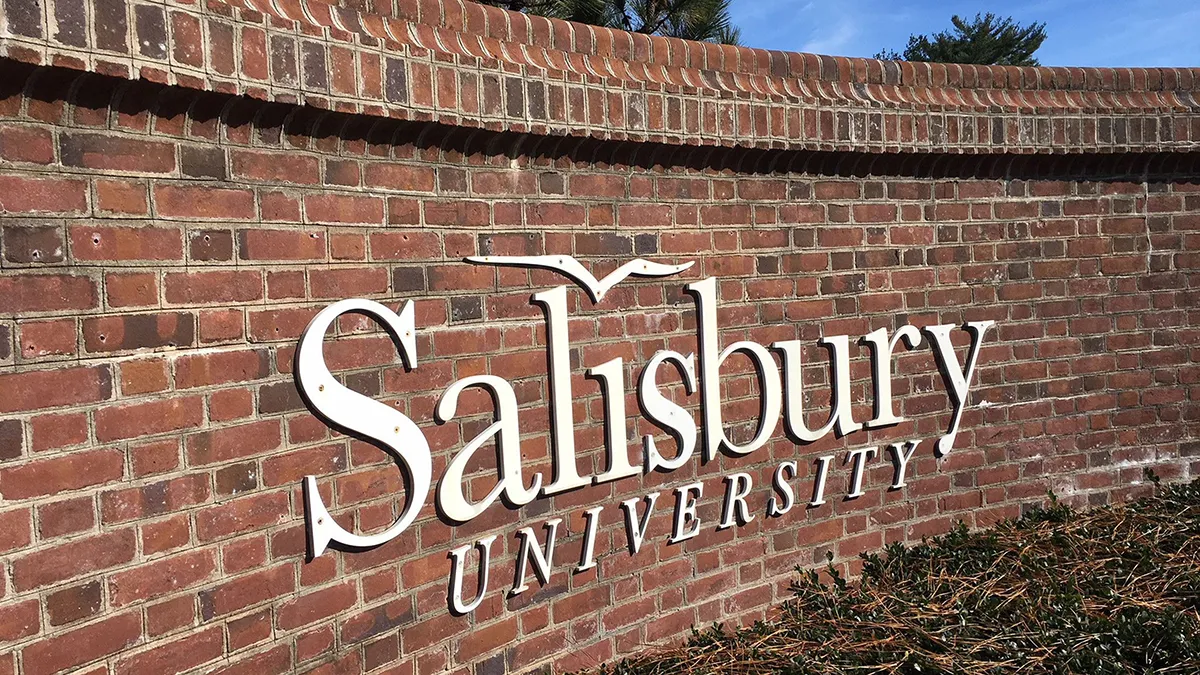In a shocking incident near Salisbury University in Maryland, three additional individuals have been arrested in connection with the brutal beating of a man who was allegedly targeted because of his sexual orientation. This attack, which has sparked outrage both locally and nationwide, has brought attention to issues of hate crimes, violence, and discrimination against the LGBTQ+ community. The events surrounding the assault have raised crucial questions about the prevalence of hate-based violence and the ongoing struggles for equality and safety for all individuals, regardless of their sexual orientation.
In this article, we will explore the details of the assault, the latest developments surrounding the arrests, the legal and social implications of this incident, and the broader context of LGBTQ+ rights and protection from hate crimes in the United States.
The Incident: Details of the Beating
The incident occurred late at night near Salisbury University’s campus, a well-known public institution located on the Eastern Shore of Maryland. The victim, a man in his mid-20s, was reportedly walking near the university when he was approached by a group of individuals. According to the victim, the group began verbally harassing him, making derogatory remarks about his sexual orientation. The situation escalated quickly, and the group then proceeded to physically assault him, punching and kicking him repeatedly. Witnesses reported seeing the group flee the scene shortly after the attack.
The victim was left with severe injuries, including bruising, cuts, and fractures. He was immediately transported to a nearby hospital where he received treatment for his injuries. While the victim’s identity has been kept confidential to protect his privacy, it is understood that the attack was motivated by homophobic animus, as the assailants allegedly targeted the man specifically because of his sexual orientation.
The incident was immediately reported to the local authorities, and law enforcement agencies, including the Salisbury Police Department, began investigating the crime. During the investigation, police were able to gather evidence that linked the assailants to the crime, leading to the arrest of three individuals in connection with the beating.
Three Additional Arrests: Ongoing Investigation
As of the latest reports, three more individuals have been arrested in connection with the assault, bringing the total number of suspects arrested to five. The police have charged the individuals with multiple offenses, including assault, harassment, and committing a hate crime. The suspects, whose names have not been publicly disclosed due to the ongoing investigation, are facing serious legal consequences if convicted.
According to authorities, the arrests were made after extensive surveillance and investigation, including interviews with witnesses and the review of video footage from nearby cameras. The police have confirmed that the suspects were seen near the scene of the crime, and evidence collected from their homes further implicated them in the attack.
Law enforcement officials have also emphasized that the investigation is still ongoing, and they are continuing to gather information to determine whether more individuals were involved in the assault. In addition, they are working closely with the Salisbury University administration to ensure that the safety and well-being of students and the broader community are prioritized in the wake of this disturbing incident.
Hate Crime Charges and Legal Implications
The alleged beating of the victim near Salisbury University has raised significant legal questions, particularly regarding the classification of the crime as a hate crime. Hate crimes, defined as criminal acts that are motivated by bias or prejudice against an individual’s race, religion, gender, sexual orientation, or other protected characteristic, have been a significant issue in the United States for decades. In recent years, there has been growing recognition of the need to address hate crimes more effectively, especially as attacks on marginalized communities, including LGBTQ+ individuals, have surged.
In this case, the three individuals who were arrested are facing charges that include assault and harassment, but the most significant charge is related to the commission of a hate crime. Under Maryland state law, a hate crime is an offense in which the victim is targeted based on their perceived or actual race, ethnicity, religion, gender, or sexual orientation. In the case of the Salisbury University beating, the police and prosecutors believe that the victim was specifically targeted because of his sexual orientation, which would qualify the crime as a hate crime.
If the suspects are convicted of committing a hate crime, they could face enhanced penalties, including longer prison sentences and higher fines. Hate crimes are treated more severely under both state and federal law, as they are seen as attacks not only on the individual victim but also on the broader community that the victim represents. For example, an assault on a person based on their sexual orientation is seen as an attack on the LGBTQ+ community as a whole, sending a message of intolerance and hate.
In addition to criminal charges, the suspects could also face civil lawsuits from the victim or advocacy organizations that work on behalf of the LGBTQ+ community. These lawsuits could seek compensation for medical bills, pain and suffering, and other damages resulting from the assault. The case may also draw attention from national organizations, including the Human Rights Campaign (HRC), the Anti-Defamation League (ADL), and other groups that work to combat hate crimes and support LGBTQ+ rights.
The Broader Context: Rising Hate Crimes Against LGBTQ+ Individuals
The attack near Salisbury University is part of a troubling and broader trend of violence against LGBTQ+ individuals in the United States. According to recent reports from organizations such as the FBI and the Human Rights Campaign, hate crimes against LGBTQ+ people have been on the rise in recent years. This includes both physical violence and verbal harassment, particularly targeting individuals based on their sexual orientation or gender identity.
In 2020, the FBI reported an increase in hate crimes overall, with crimes targeting individuals due to their sexual orientation making up a significant portion of the total. According to the FBI’s Hate Crime Statistics Report, incidents involving anti-LGBTQ+ bias increased by nearly 20% between 2019 and 2020. The rise in hate crimes against the LGBTQ+ community has led to calls for stronger protections, better law enforcement responses, and more education on tolerance and inclusivity.
The 2023 attack near Salisbury University is a reminder of the dangers faced by LGBTQ+ individuals, even in environments that are traditionally seen as inclusive or progressive. While LGBTQ+ rights have made significant strides in recent years, including the legalization of same-sex marriage and increased visibility in media and politics, incidents like this remind us that discrimination and hatred remain pervasive in certain segments of society.
Reactions and Public Outcry
Following news of the attack, there has been an outpouring of support for the victim and condemnation of the perpetrators. Local LGBTQ+ advocacy groups have called the incident a “vile and cowardly act of hate” and have called on the authorities to take swift action in holding those responsible accountable. In addition to local reactions, national organizations such as the Human Rights Campaign (HRC) and GLAAD have issued statements condemning the assault and urging lawmakers to do more to protect LGBTQ+ individuals from violence and discrimination.
Salisbury University has also released a statement expressing shock and sadness over the attack, reassuring students and faculty that the university is committed to fostering a safe and inclusive environment for all. The university has pledged to cooperate fully with the investigation and to provide support services for students who may be impacted by the event.
In response to the growing concern about hate crimes, many community leaders have called for increased education, stronger hate crime laws, and enhanced resources for individuals who have been targeted because of their sexual orientation or gender identity.
Conclusion: A Call for Justice and Greater Protection
The arrest of three additional individuals in the brutal assault of a man near Salisbury University shines a light on the ongoing problem of hate crimes targeting LGBTQ+ individuals. As the legal process unfolds, the community continues to stand in solidarity with the victim and call for justice. This incident serves as a painful reminder that despite significant progress in LGBTQ+ rights, much work remains to be done to ensure safety, equality, and protection for all individuals, regardless of their sexual orientation.



